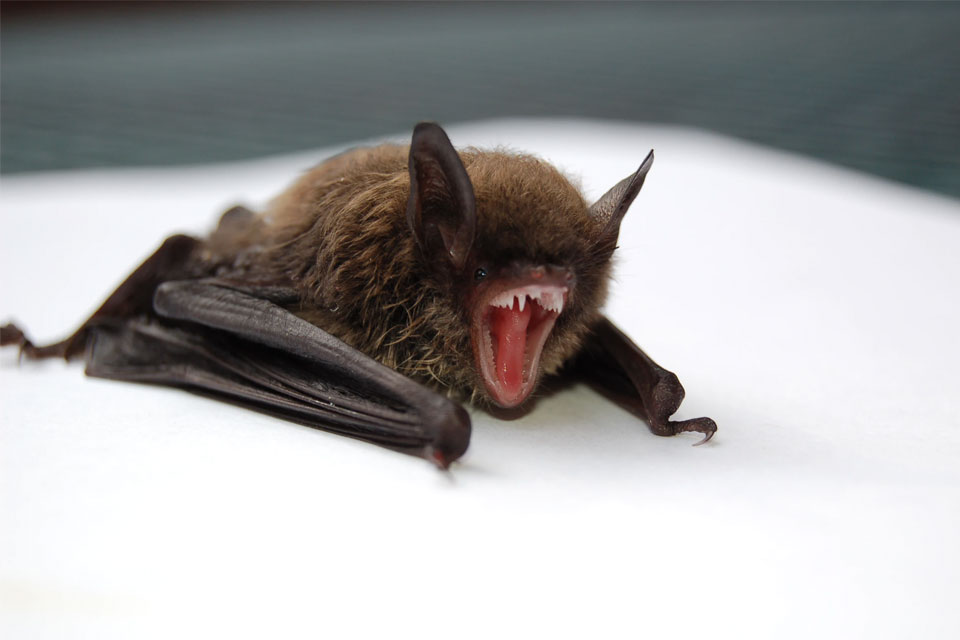
Scientists have discovered why vampire bats are the only creatures capable of surviving solely on blood.
They compared the genomes of common vampire bats to those of 26 other bat species. Then, they discovered 13 genes in vampire bats that are either absent or no longer function. Those gene changes allowed them to adapt to a blood diet high in iron and protein but low in fats and carbohydrates over time, according to the researchers. They published their findings in the journal Science Advances on Friday.
The bats are “living Draculas” who live in South and Central America, according to co-author Michael Hiller of Germany’s Max Planck Institute. Bats bite and then lap up blood from livestock or other animals at night, measuring around 3 inches (8 centimeters) long with a wingspan of 7 inches (18 centimeters).
Most mammals wouldn’t be able to survive on a low-calorie liquid blood diet. Only three of the 1,400 different bat species can do this; the others eat insects, fruit, nectar, pollen, or meat, such as tiny frogs and fish.
Vampire Bats: “They are really weird, even among bats”
“Blood is a terrible food source,” said Hannah Kim Frank, a bat researcher at Tulane University. Hannah was not a part of the study. “It’s totally bizarre and amazing that vampire bats can survive on blood — they are really weird, even among bats.”
Mosquitoes, bedbugs, leeches, and fleas, among other creatures, have a craving for blood.
The new study builds on previous research that identified three of the 13 gene losses.
“The new paper shows how different vampire bats are from even other closely related bats, which eat nectar and fruit,” said Kate Langwig, a bat researcher at Virginia Tech. Kate likewise had no role in the study.
Vampire bats can’t go long without eating due to their low-calorie diet. In a pinch, well-fed individuals will vomit their meal to feed a hungry neighbor. Hiller noted that vampire bats have complicated social interactions and that they also seem to keep track of who has aided them in the past.
“It’s not a kin thing,” said Tulane’s Frank. “They just notice and remember: You’re a good sharer, I will reward you.”
